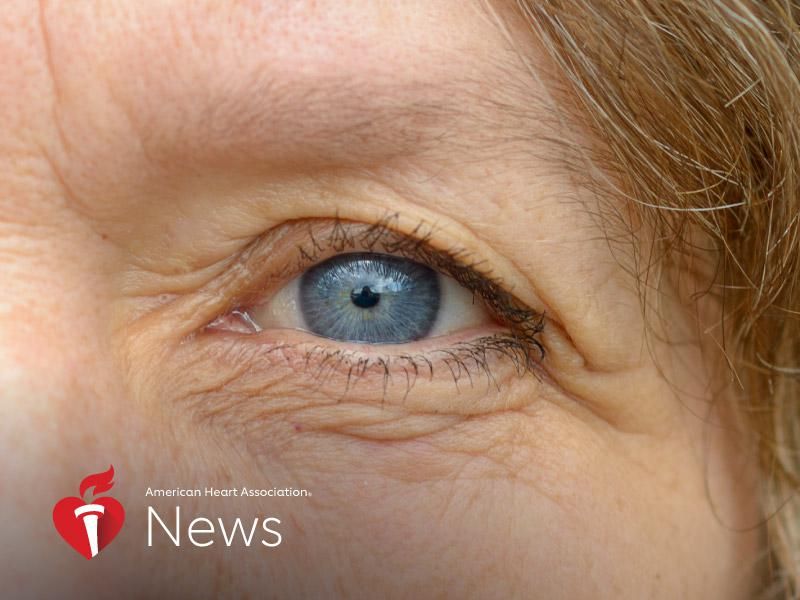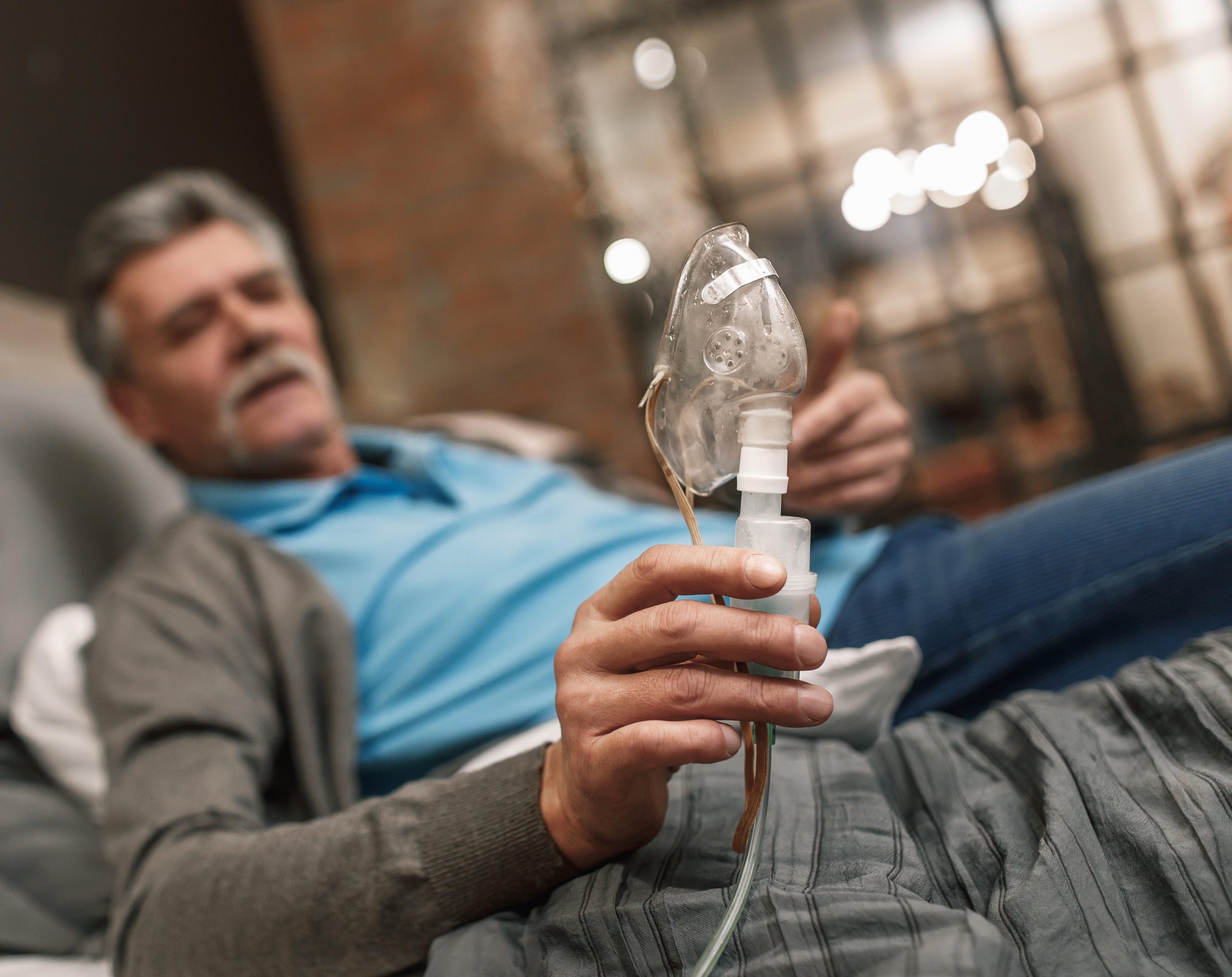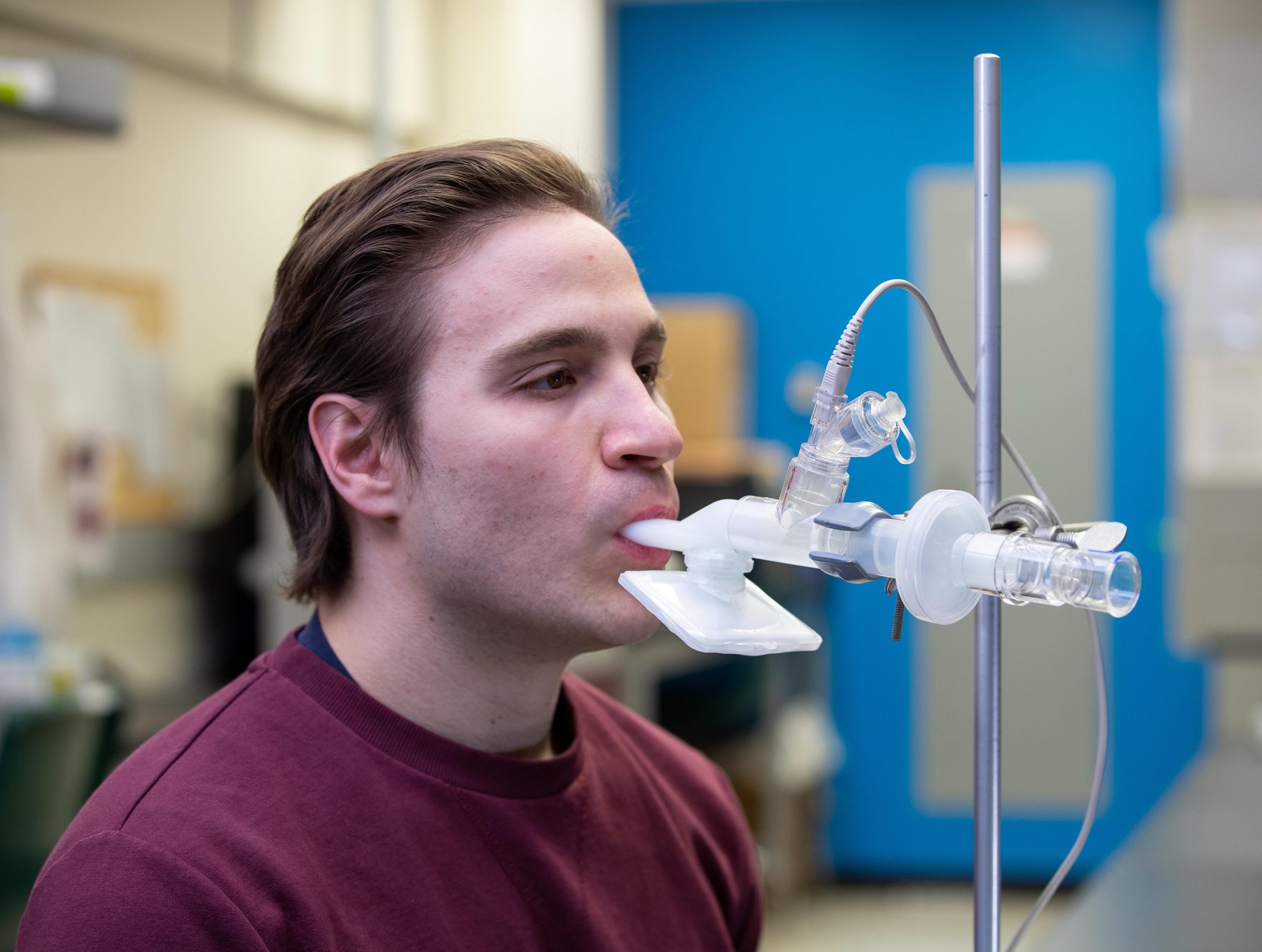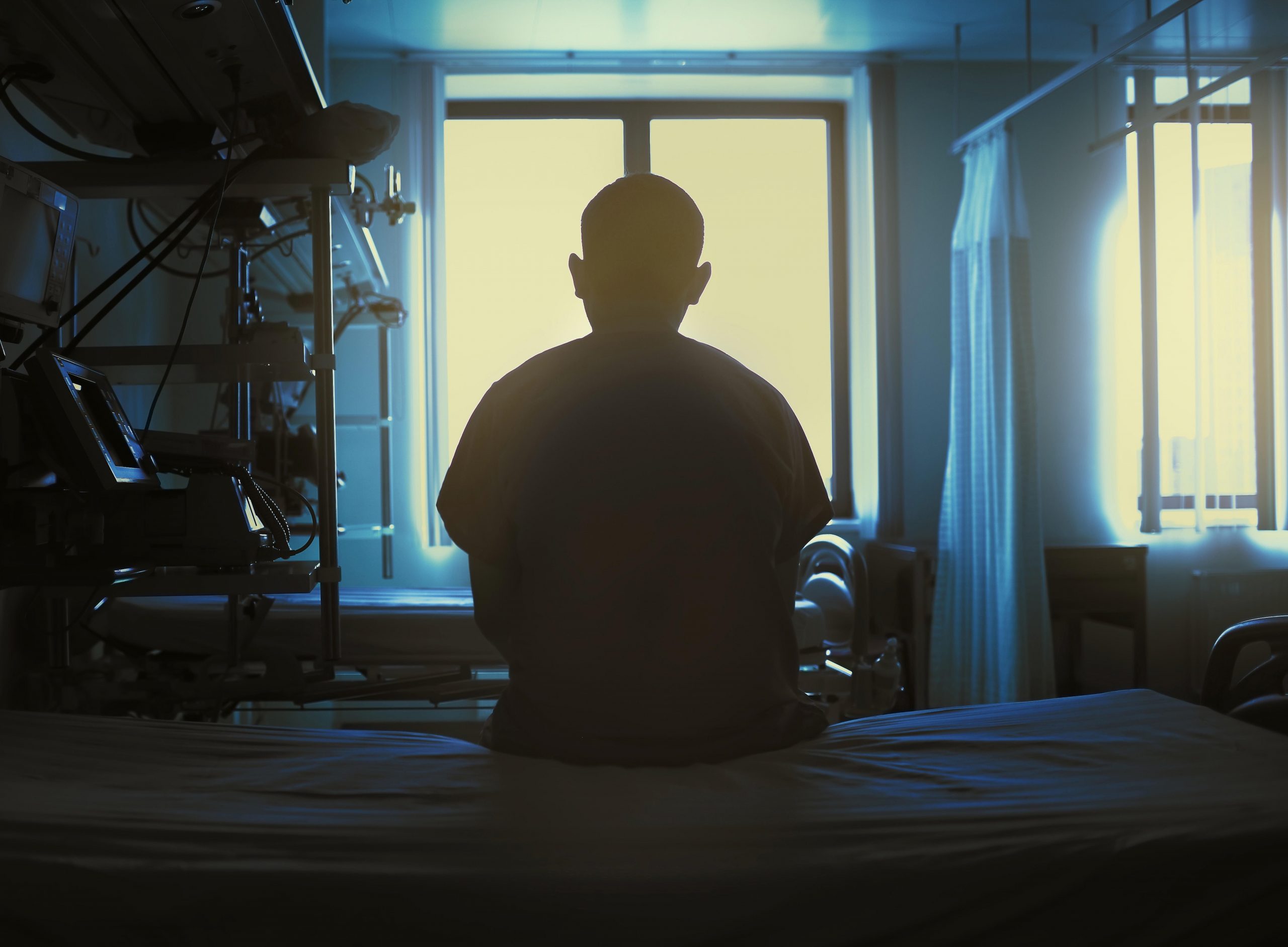
TUESDAY, Feb. 15, 2022 (American Heart Association News) — Women who develop a type of high blood pressure during pregnancy show signs of damage to the small blood vessels in the eye by middle age, according to new research. The findings suggest small vessel, or microvascular, disease may account for their increased risk of heart… read on > read on >


















